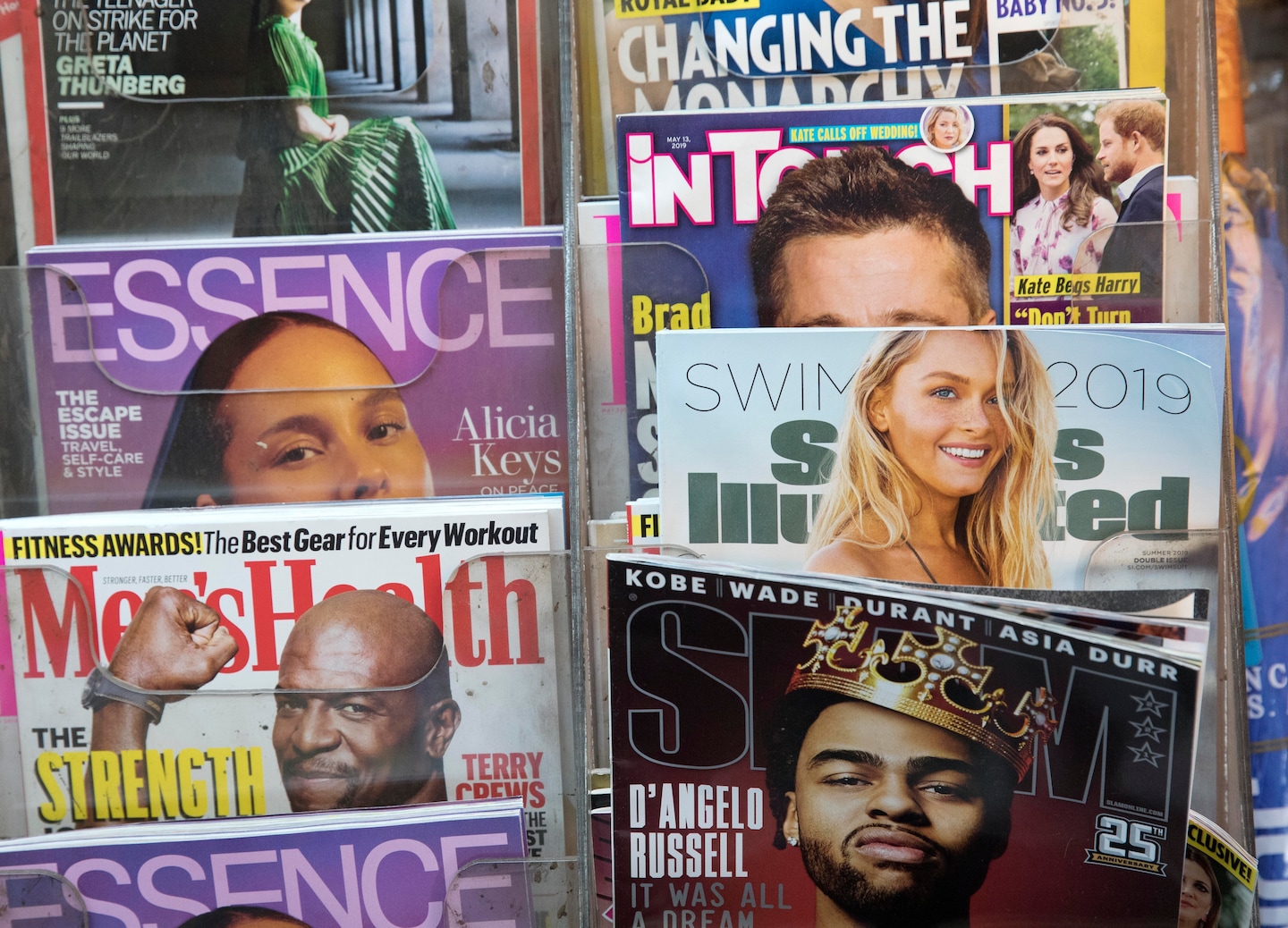
The publisher of Sports Illustrated called for the removal of a story about transgender boxing from an upcoming issue of the print magazine, according to two people with knowledge of the events.
The story, reported and written by Chris Mannix, was intended to be part of the March edition of the magazine that hits newsstands at the end of February. But on Wednesday, just days before the issue was scheduled to be printed, Orestes Baez, an Arena Group executive, told top editors not to include it. Multiple Sports Illustrated staffers said they had never seen a story removed in such a manner.
A spokesman for Baez, Steve Janisse, said that the story was removed from the print magazine because it was no longer newsy, and the outlet was still planning to publish the story online. Sports Illustrated publishes its regular issues once a month and usually has a lead time of several weeks before printing.
“The story was not pulled,” Janisse said. “I’m sure it may not be normal, but as you can imagine, Orestes is new to that team, and there’s a lot of changes in the newsroom. I think they’re trying to figure out their roles and new places.”
The apparent meddling in the editorial process by the business side of the outlet is the latest challenge to morale at SI, after mass layoff notices were sent to nearly the entire staff last month, amid an ongoing dispute over millions of dollars in licensing fees between the outlet’s owner and publisher.
Baez is serving as the de facto general manager of Sports Illustrated after several executives at the Arena Group were fired in recent weeks by the largest shareholder of the company, 5-Hour energy founder Manoj Bhargava.
Bhargava made his investment in Arena last year, then briefly was named interim CEO before relinquishing that role. At an introductory meeting with Sports Illustrated staffers late last year, Bhargava lectured the staff about bias in journalism.
Steve Cannella, the editor in chief of Sports Illustrated, referred questions Thursday to Arena. Mannix did not reply to a text message. Baez did not reply to an email.
The story in question was an examination of USA Boxing’s new transgender policy that was announced around New Year’s Eve and the backlash it has received from various sides of the issue. The policy requires genital-reassignment surgery and stringent hormone testing for transgender athletes before competition, and Mannix’s story quoted both advocates of transgender participation in the sport and those opposed to it. It quoted advocates who were pushing for a more inclusive policy, as well as an exercise science professor who said transgender athletes competing against women still would have a physical advantage.
The story was sent around to staffers Tuesday, as is the protocol for the final proofs of print magazine stories. Baez is on those emails, too. On Wednesday, a new story about the NBA was unexpectedly circulated in its place, multiple SI staffers said. Multiple people with knowledge of the events said that happened after Baez spoke with Cannella about pulling the story.
Multiple SI staffers said they were particularly stung by the decision because they believed SI has done notable work on the issue of transgender participation in sports, including by former staffer Julie Kliegman and a profile of swimmer Lia Thomas by Robert Sanchez.
The episode arrives during a precarious moment for Sports Illustrated. The storied publication has been owned since 2019 by Authentic Brands Group, a licensing company best known for owning the brands to non-journalistic entities such as Elvis Presley and Billabong. The Arena Group has an agreement to pay $15 million annually for the rights to publish SI in print and online. It missed a $3.75 million payment in January that caused Authentic to revoke the publishing license. Arena then issued layoff notices to almost the entire staff.
The two sides are continuing to negotiate a new license that could prevent the mass layoffs. Authentic could also sell the publishing license to a new company.
Last week, the union representing SI filed a grievance with the National Labor Relations Board, accusing Arena of illegal retaliation and union-busting when it sent the layoff notices.



